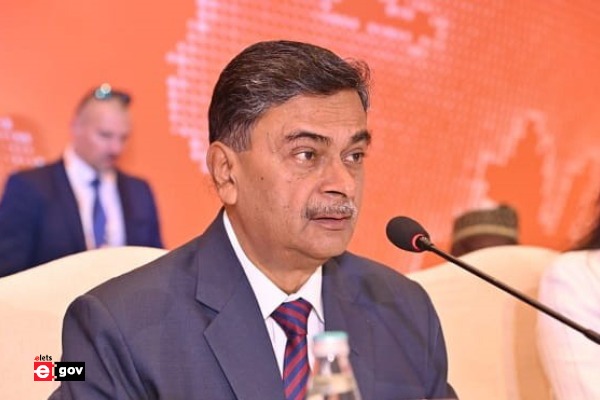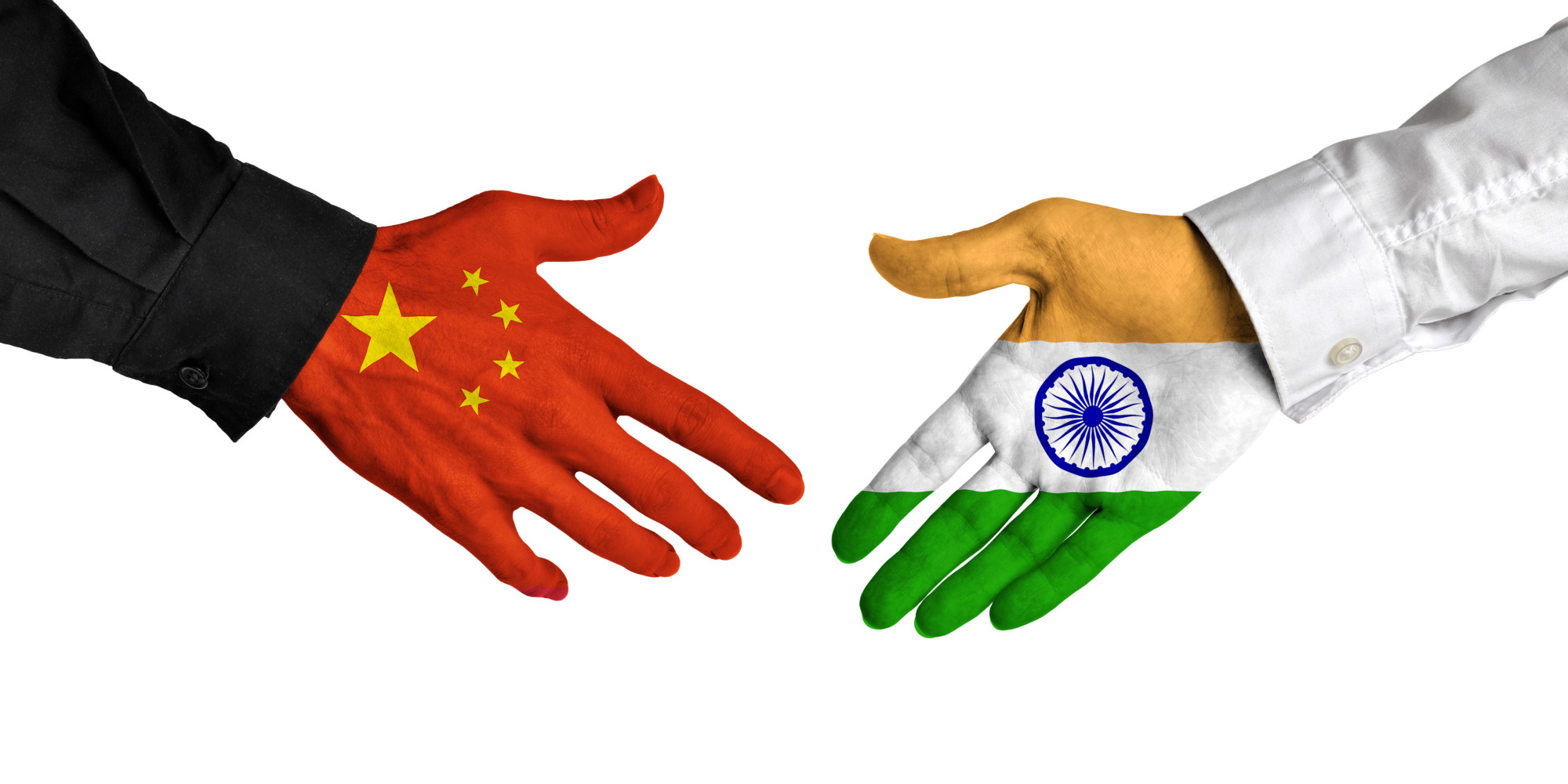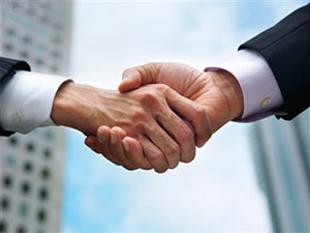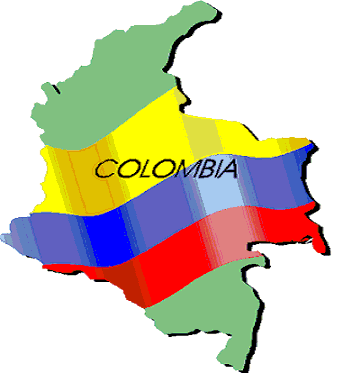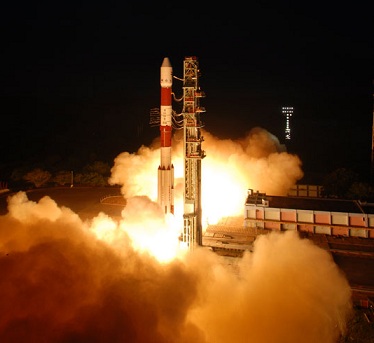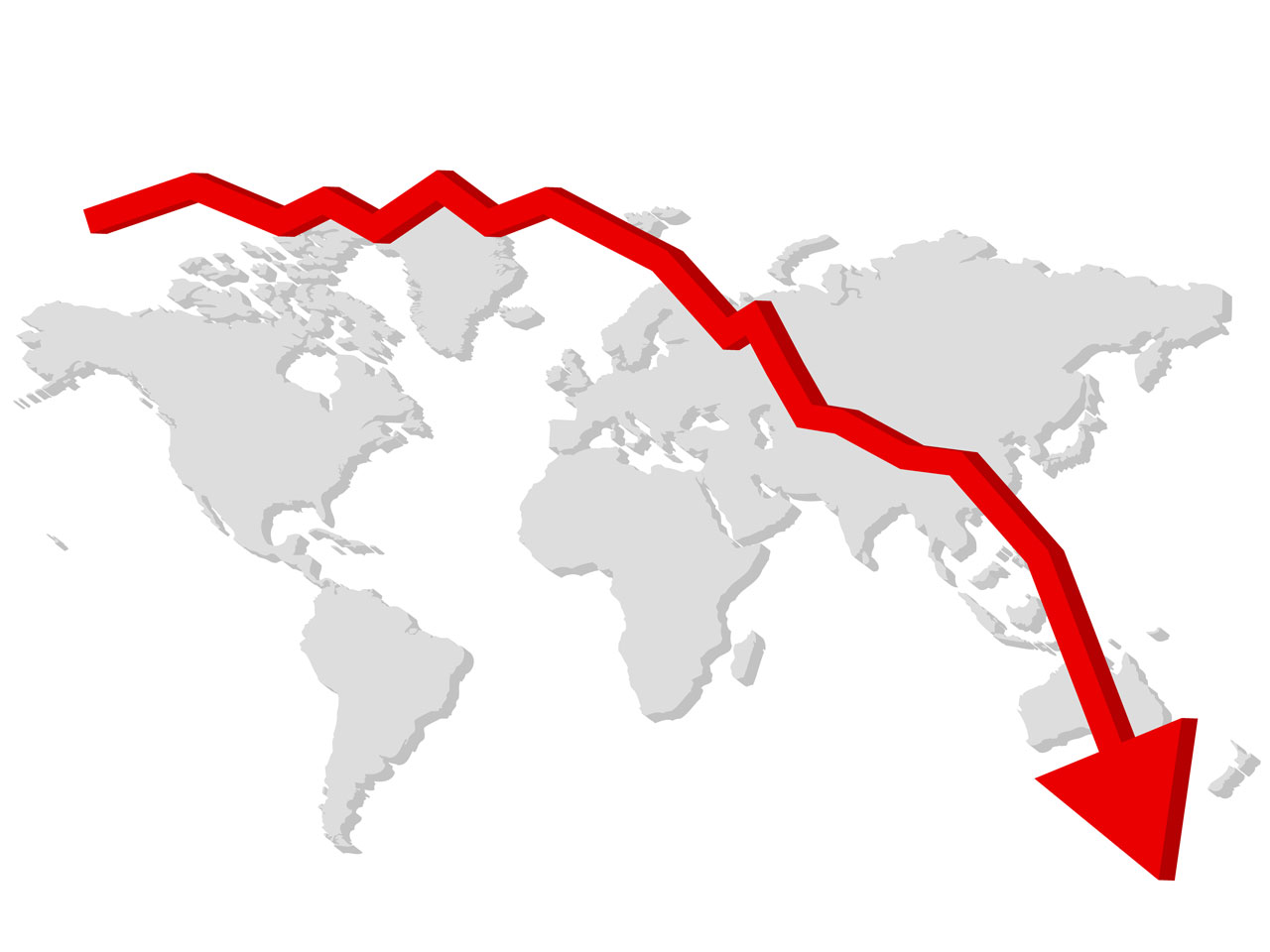| There are seven million PCs in a country of one billion Internet cafe owners in India's commercial and entertainment capital, Bombay, are angry at plans to regulate the city's cyber centres. They object to plans which would force them to keep records of people using their internet facilities. |
| The proposals will be put to the state legislature next month. Police say they need new powers to prevent the misuse of the web by what they call terrorists, hackers, paedophiles and users of adult sites. If the proposals are adopted by the state of Maharashtra, cyber cafe owners will need to buy a licence to set up shop. They will be legally required to install software filters to screen out pornography and unsuitable content. They will crucially have to ask potential surfers to fill out lengthy forms listing addresses, telephone numbers and other details. All of these would legally have to be made available to the police, if required. Cyber cafe customers would need to display photo identity cards. Only then could they go online. 'Irrelevant regulations' On the one hand we are opening up our economy, on the other hand we are introducing irrelevant regulations Dilip Chitalia, Asiatic Cyber Cafe Bombay's several thousand cyber cafe owners are furious at the plans. They say it is important to prevent increasingly internet-savvy India from going down the China route of regulation and control. If passed, the new law would come just weeks after Cuba controversially tightened its grip over internet access by making it impossible for many Cubans to dial up the internet from their home telephone lines. Bombay's plans could set a precedent for other Indian cities, such as Calcutta and Delhi. They are known to be watching closely to see if the tough cyber policing works. “On the one hand we are opening up our economy, on the other hand we are introducing irrelevant regulations,” said Dilip Chitalia of Asiatic Cyber Cafe. “We have no problem with taking down names and addresses of our patrons, but who's to check if the names and addresses are genuine. Who'll be responsible?” Net boom Until now, Indian cyber cafes have been relatively simple to use. They are increasingly easy to find as well, even in small-town India. And they have been relatively inexpensive. According to a recent industry estimate, 60% of India's internet users access the web through a cyber cafe. Gone are the days when the customs men would seize your Playboy edition, so why are the police trying to curb our freedom? Ashish Saboo, Association of Public Internet Access Providers Experts say the cyber cafe has contributed to the boom in internet usage in India, now estimated at four million subscribers and 18 million users. But many like Chitalia believe it could all go badly wrong if the police start the crackdown on cyber cafes. In a sign they are ready to do battle, Bombay's cyber cafe owners have set up the Association of Public Internet Access Providers. Its president, Ashish Saboo says the plans would be an invasion of the individual's right to privacy. He believes the police plans come from “a lack of awareness about how the business operates and over-hyped apprehensions of security hazards”. The police have refused to comment. Seeking permission In recent months, police are reported to have increasingly found hackers and credit card fraudsters using cyber cafes. Mr Saboo admits cyber cafes could be used by criminals, paedophiles, those who surf adult websites. But he rejects police plans to, as he puts it, penalise, all cyber cafes. If regulated, cyber cafe owners would need permission from no fewer than 13 separate government agencies in order to set up shop and do business. 60% of India's net users access it through cyber cafes “The internet has challenged all the close societies, because of the free flow of operations,” said Mr Saboo. “Gone are the days when the customs men would seize your Playboy edition, so why are the police trying to curb our freedom?” Cyber cafe owners fear their patrons might resent handing over personal details and it could lead to a sharp drop in business. But interestingly, many younger users seem not to mind handing over personal information. “I would like to give my personal details, because I believe it would reduce the crime,” said Vaishali, a regular cyber cafe user. Another visitor, Dennis Abraham, added: “There's nothing wrong with giving your name and address. “It's like going to a residential complex in Bombay, where a watchman is standing guard. You have to write your name and address before you enter the building. “Why can't we do the same when we visit a cyber cafe?” PC penetration is low in India. There are just seven million PCs in a country of one billion people. That is why the internet cafe is considered the driving force of internet usage with most Indians relying on them to send e-mails and do research. There are no official figures but the cyber cafe owners' association believes there are at least 200,000 across the country. You can hear more on this story on the BBC World Service programme, Go Digital |
Be a part of Elets Collaborative Initiatives. Join Us for Upcoming Events and explore business opportunities. Like us on Facebook , connect with us on LinkedIn and follow us on Twitter, Instagram.


